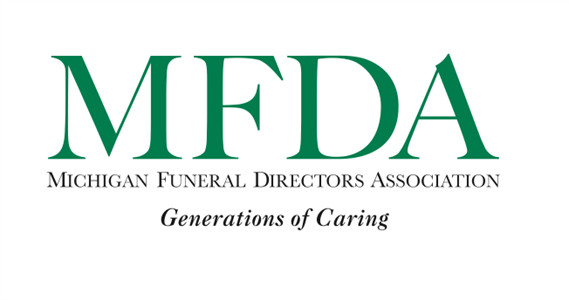medicaid eligibility in michigan
The purpose of this page is to give you a broad base of understanding how Medicaid works in Michigan. Spend a few minutes reviewing the information and print this document out if you would like. As with all legal concerns, the information provided is not all inclusive: Your situation and circumstances may be different.
Understanding your eligibility
Perhaps no other area of planning is more misunderstood than the potential need and eligibility for Medicaid. Too often individuals invest in small life insurance policies thinking they are going to be providing for their funeral, when in reality those policies may have to be cashed in at some future date due to Medicaid restrictions.
key terms
- Irrevocable Agreement
This allows an individual to set aside funds in an account for future funeral expenses. The amount of an irrevocable agreement is determined by the total expenses of the underlying funeral arrangement contract. This is limited to a maximum figure based upon the Michigan Limited Life Insurance Limit that is currently $8500.00 in 2007, plus an additional $2,000.00, for a total for 2007 of $10,500.00. The funds covered by this agreement are certified as irrevocable by the Department of Human Services through an individual's caseworker. This makes the funds exempt from calculation of assets to determine an individual's eligibility for assistance for many benefits. The irrevocable designation means that the funds can only be used for funeral related expenses. They can be used at any funeral home. - Limited Life Insurance
Funeral Funding insurance. This is a specific type of life insurance that can only be sold to cover a pre-paid funeral agreement. The amount of a limited life insurance policy is tied to the underlying pre-paid funeral contract and is subject to the Michigan limit for such policies. This limit is currently $8500.00 and is adjusted annually by the Consumer Price Index for the City of Detroit as determined by the State of Michigan each year. - Medicaid Look Back
“Look-back” is the term for the period of time during which financial transactions of a Medicaid applicant/recipient are subject to review in determining whether or not that person is eligible for Medicaid.
example scenario
Grandma is in the hospital and will be transferred to a nursing home. Her assets are limited. She has approximately $8000 in checking and savings, an insurance policy with a face amount of $5000, and a cash value of $2400. What should Grandma do?
- Grandma should direct her children to contact the funeral home and establish an irrevocable funeral agreement and in addition set aside funds in a sheltered account called the Burial Plot Allowance.
- An irrevocable agreement may be entered into and can shelter up to $10,500 in funds. This agreement must be a guaranteed price agreement, which means the services listed are frozen at the time the agreement is entered into. The funeral home can not charge any additional fees for those services specified even if death occurs several years later. These funds when certified by Department of Human Services are considered exempt assets and not counted toward net worth of the applicant.
- The Burial Plot Allowance is in addition to the Irrevocable Agreement and allows families to set aside additional funds in an exempt account for such items as cemetery expenses, casket, outer burial container, clergy honorarium, tent and equipment rental, etc. These funds also must be placed in a guaranteed agreement, however, while there is no limit on this account, it is best to limit the amount to what is determined to be a reasonable figure.
- Grandma can still have a net worth of $2000 in other assets.
But what about the insurance policy?
- The ownership of the insurance policy can be changed to an Insurance Trust. We have an insurance trust available that will accept the ownership of most insurance policies that can be used for a pre-arrangement. The face amount of the insurance policy can not exceed the limit of the current insurance cap that Michigan Law places on insurance set aside for pre-funding funeral arrangements. If the existing insurance exceeds the current limit, the face amount of the policy may have to be reduced before completing any transfer.
- If none of these avenues work for the insurance policy, it may have to be surrendered for cash value.
Divesting portions of an estate
Additionally it is important that individuals realize they can not divest portions of their estate in an effort to come under the minimum net worth. Department of Human Services can go back up to five years to track assets to determine if any have been divested of for the purpose of becoming eligible for Medicaid benefits.
Before investing in any insurance program and other investments, it is a good idea to check with Pray Funeral Home or your local Trust 100 Funeral Director who can provide excellent assistance in determining what type of sheltered program would be best for you.
We offer you the opportunity to explore the idea of Pre-Arrangement in the comfort of your own home, online here on our site.





